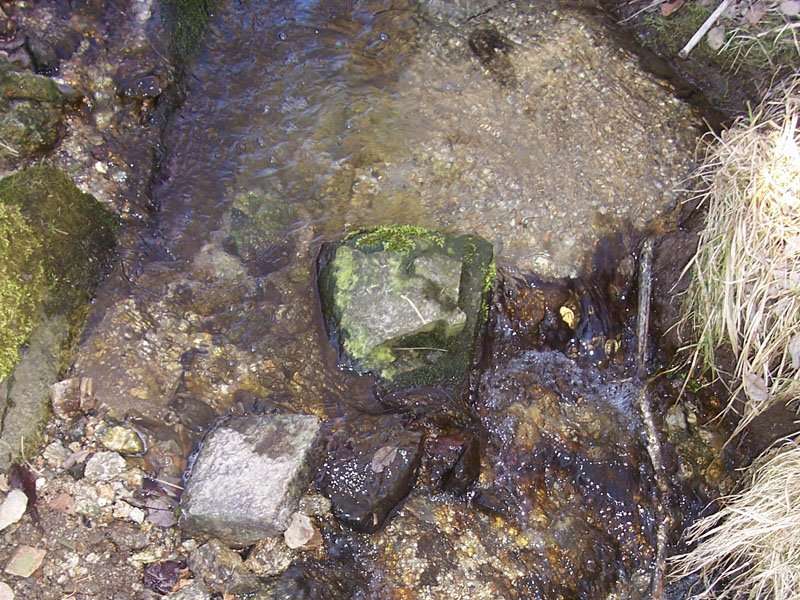KS-Plus Project: Clean Water
Clean water is essential in Kirpal Sagar, too – when it comes out of the tap as well as and leaves the premises.
Starting Position to get Clean Water
Kirpal Sagar has grown quite a bit since its foundation in 1982, so the amount of clean water needed is accordingly. The two schools, the hostels of the boarding school, the flats for teachers, workers and employees, the canteen kitchen, the hospital, there is already a lot of sewage. Including pupils and students, about 1,000 people live on the site. The fresh water comes centrally from a depth of 80 meters and is stored in the water tower. Clean water is fed into the buildings via a pipe system. Dirty water is collected via pipes. Some of the buildings in Kirpal Sagar have 3-chamber pits, although these are not exactly ideal during the monsoon season with the floods. Other buildings have something like a simple reed bed treatment plant. On the land it is usual to collect sewage in open channels and lead it to a pond outside the settlement, alternatively into a river or brook. In addition to overfertilisation and odour aspects, the hygienic aspect should not be neglected. Sewage ponds are true mosquito paradises, which do not exactly facilitate the fight against malaria. They are also ideal breeding grounds for infections of the digestive organs (dysentery, cholera, typhoid fever and many more). If insufficiently purified water mixes with drinking water, there are serious problems.
Clean Water – the Search for Solutions
An environmentally compatible solution is challenging, not least because of the climatic conditions. There are many ways to turn dirty water into clean water. But not everything that sounds good in theory works in practice. Here we have to drive around a lot with our eyes open, gather information in order to develop a viable concept in the first step. We are currently working hard on this in order to be able to start implementing it quickly.
Anchoring of Awareness for Clean Water
From the point of view of sustainability, it is good that the schools and the “Open School” adult education project offer opportunities for multipliers. A practical example can be used to explain environmental protection in much greater detail and to show the effects. The educational institutions will also include wastewater treatment in their plans.
How Can You help?
Technical information and (partial) solutions are welcome. Please use our contact form. We also collect data for research purposes as well as for the technical implementation of the system. Account data of KS-Plus can also be found in the footer menu.

